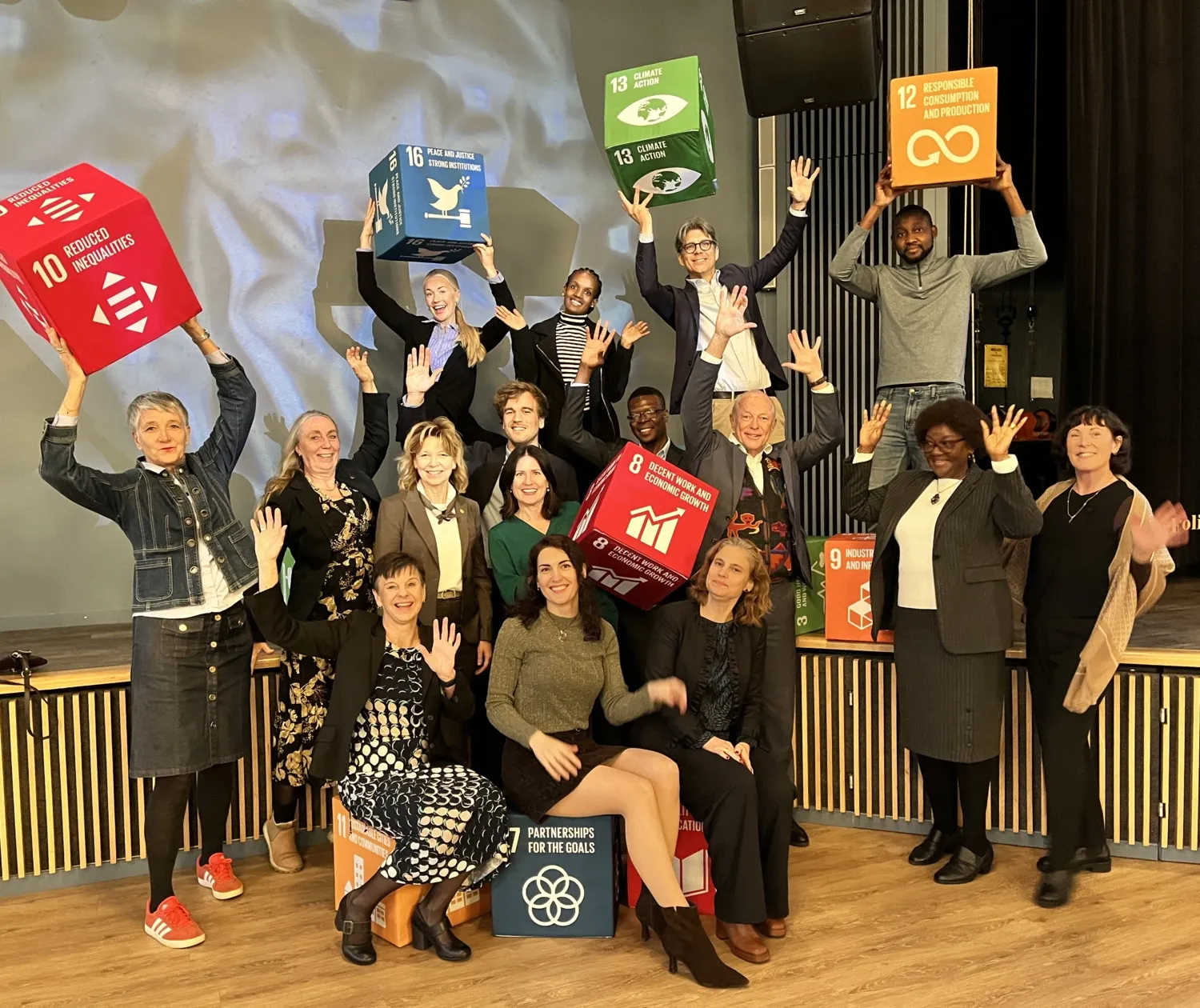Karolinska Institutet and Makerere University celebrate 25 years of partnership and impact
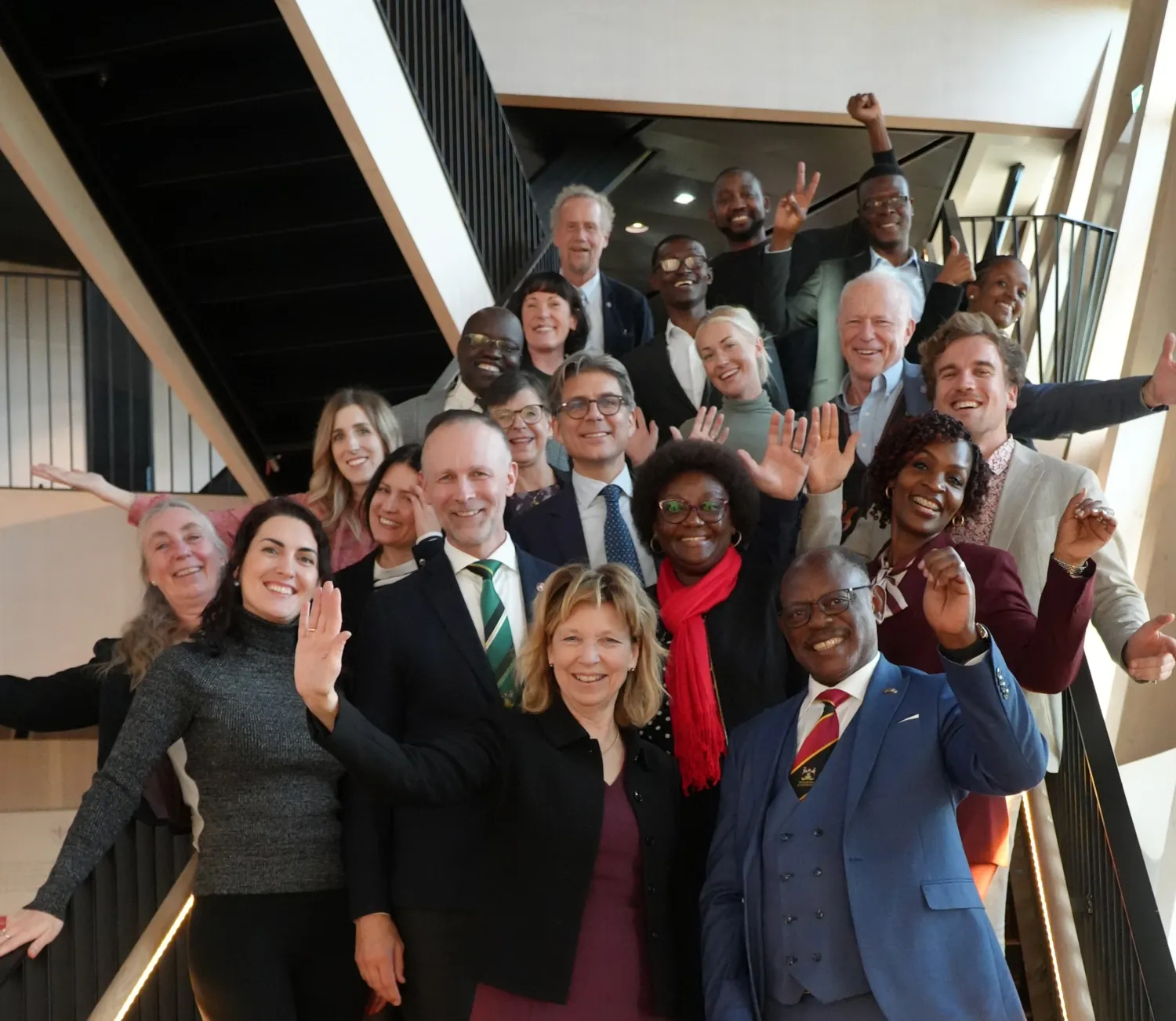
On 14–15 October 2025, Karolinska Institutet (KI) and Makerere University in Uganda celebrated 25 years of partnership advancing global health, research, and education. The milestone also marks the 5th anniversary of the jointly established Centre of Excellence for Sustainable Health (CESH) — a platform for promoting sustainable health and equitable global partnerships.
Extending a shared commitment to sustainable health
During the visit to Karolinska Institutet in Stockholm, Professor Barnabas Nawangwe, Vice Chancellor of Makerere University, and Professor Annika Östman Wernerson, President of Karolinska Institutet, signed a renewed Memorandum of Understanding (MoU), extending the collaboration until 2030, including the continued joint commitment through the Centre of Excellence for Sustainable Health.
“Every collaboration begins with people meeting. Warmth and curiosity are crucial, between individuals and between institutions,” said Professor Wernerson. “Equity is not static; it requires continuous work. Trust and transparency are critical.” Professor Nawangwe highlighted the value of mutual respect in long-term partnerships: “If there is no mutual respect, there can be no equity.”
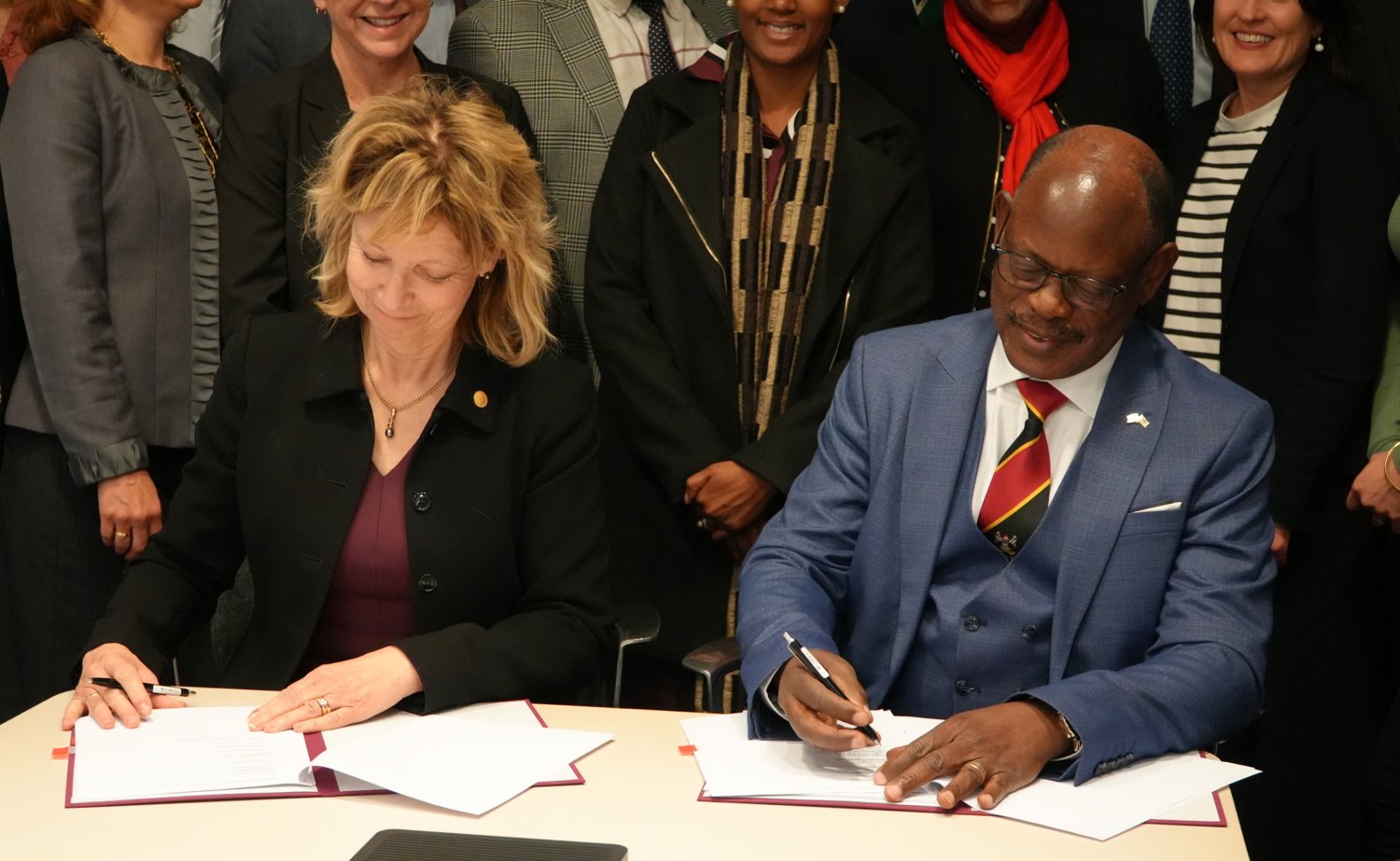
Global Conversation on equity and power in partnerships
The celebration included a hybrid forum, Global Conversation on Power Dynamics and Equity in Partnerships, hosted by the Centre of Excellence for Sustainable Health. More than 130 participants from 13 countries joined the discussion online and on-site, exploring how universities can build collaborations grounded in trust, reciprocity, and shared ownership.
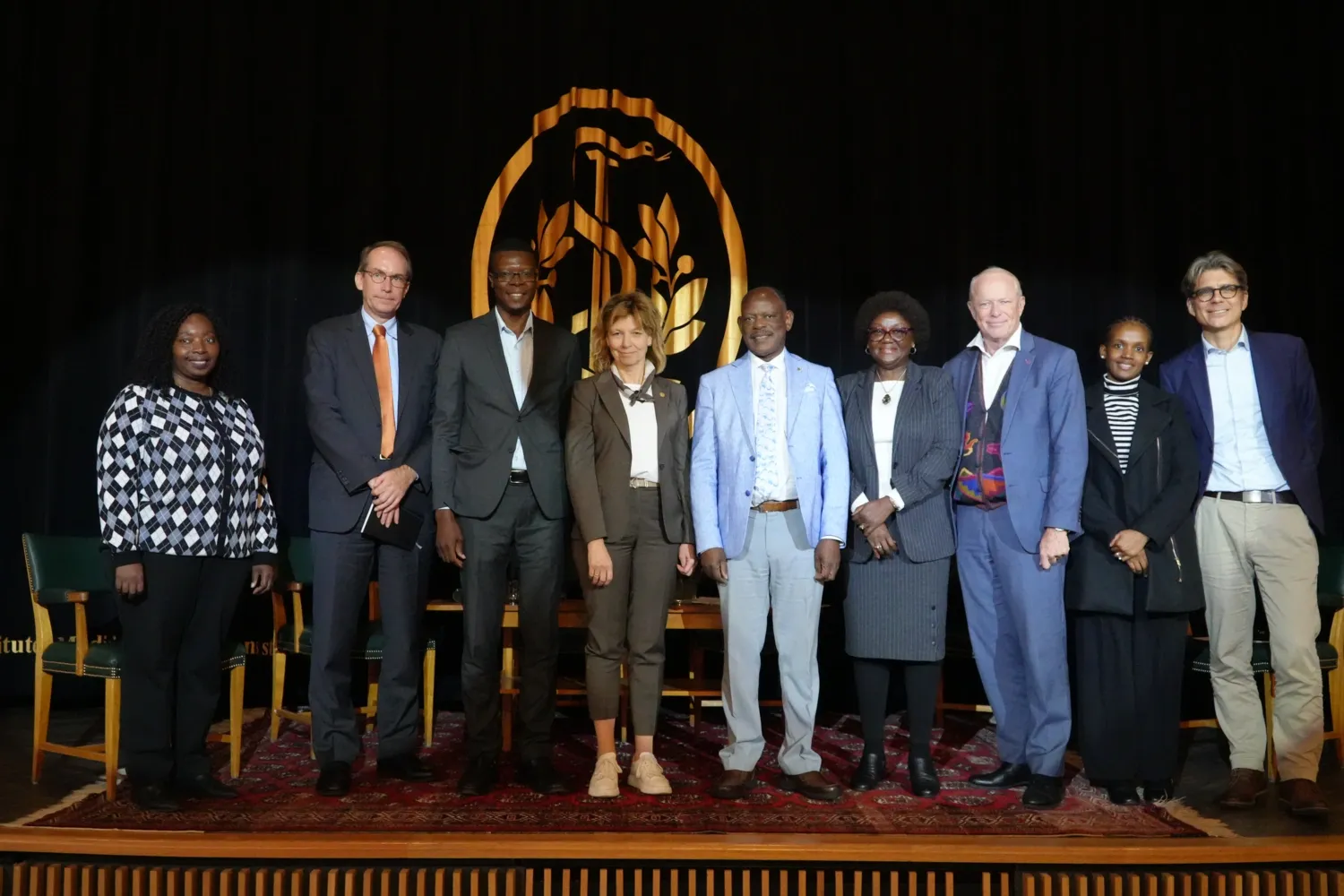
Moderated by Professors Rhoda Wanyenze (Makerere University) and Stefan Swartling Peterson (Karolinska Institutet), the conversation brought together academics, policymakers, and institutional leaders to share lessons for creating more equitable global research partnerships.
Panelists included Andreas Göthenberg (STINT), Caroline Wamala Larsson (Stockholm University), Rawlance Ndejjo and Brenda Wagaba (Makerere University), and the session concluded with remarks by Professors Nawangwe and Wernerson. As Professor Tobias Alfvén summarised the Global Conversation: "The true recipe for lasting collaboration is trust, respect, curiosity, warmth, and friendship".
A partnership that impacts research and education
Since the collaboration began in 2000, the KI–Makerere partnership has grown into a comprehensive network of researchers, educators, and health professionals. Supported by programs like Sida, Linnaeus-Palme, and Erasmus ICM, the partnership has enabled:
- Over 60 PhD graduates, with 35 earning double degrees
- Publication of more than 500 peer-reviewed articles
- Exchange of over 400 students and lecturers between the two universities in the following study programs: medicine, dentistry, occupational therapy, nursing, midwifery, public health, physiotherapy, and speech and language pathology
These initiatives have contributed to improved healthcare practices in Uganda, including innovations in midwifery through the MIDWIZE program, advances in stroke rehabilitation, and the development of contextually driven research addressing local and global health challenges.
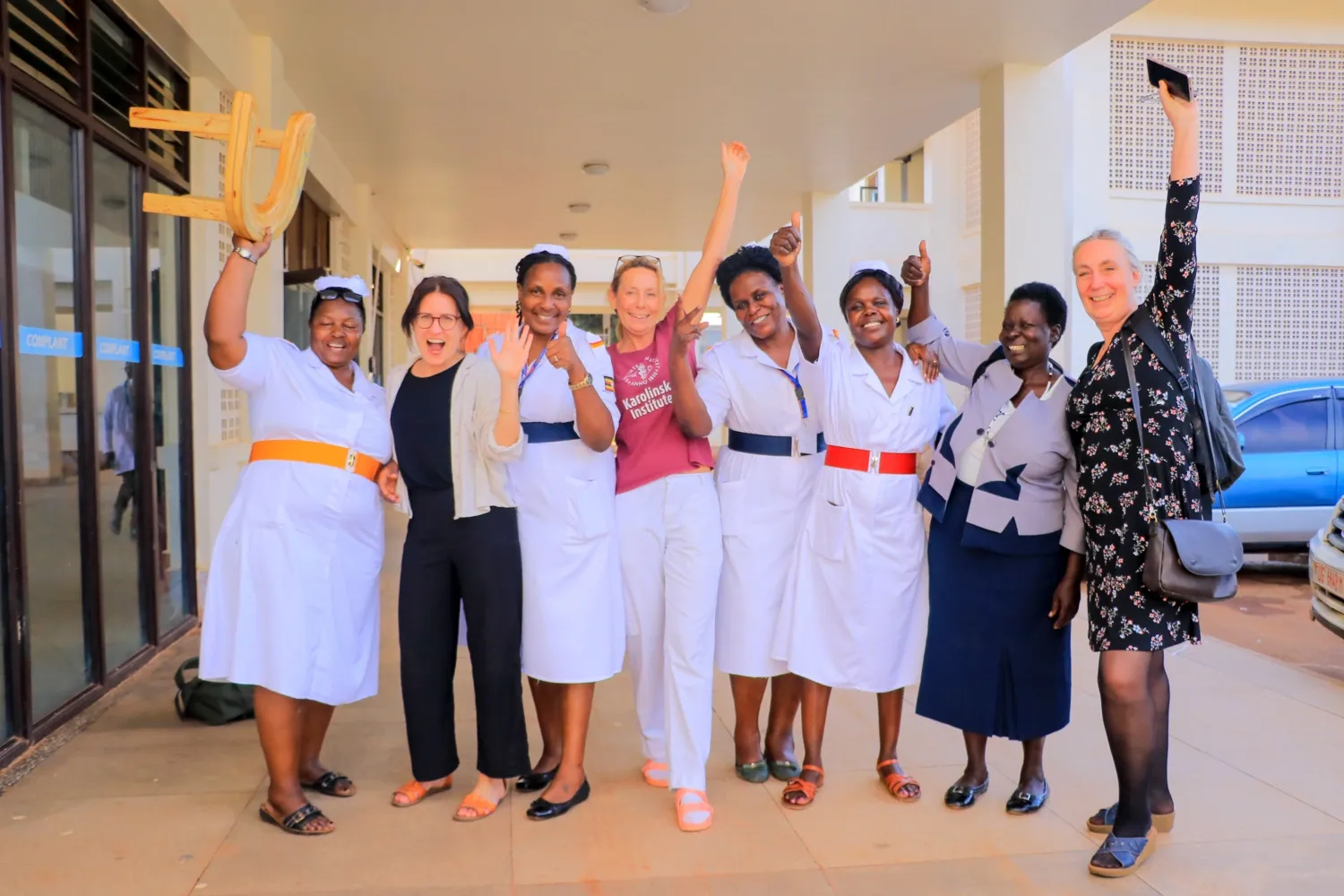
Building the future through a joint centre
Established in 2021, the Centre of Excellence for Sustainable Health (CESH) builds on the foundation of the KI–Makerere partnership. CESH aims to develop capacity, generate knowledge, and mobilize action for sustainable health and equitable research collaboration.
Through education, policy dialogue, and joint research, CESH continues to foster mutual learning and South-to-South collaboration, aligning efforts with the UN Sustainable Development Goals. “Students return home, communities benefit, and research informs global health policy,” said Professor Nawangwe. “This is a model of how equity and trust drive sustainable partnerships.”
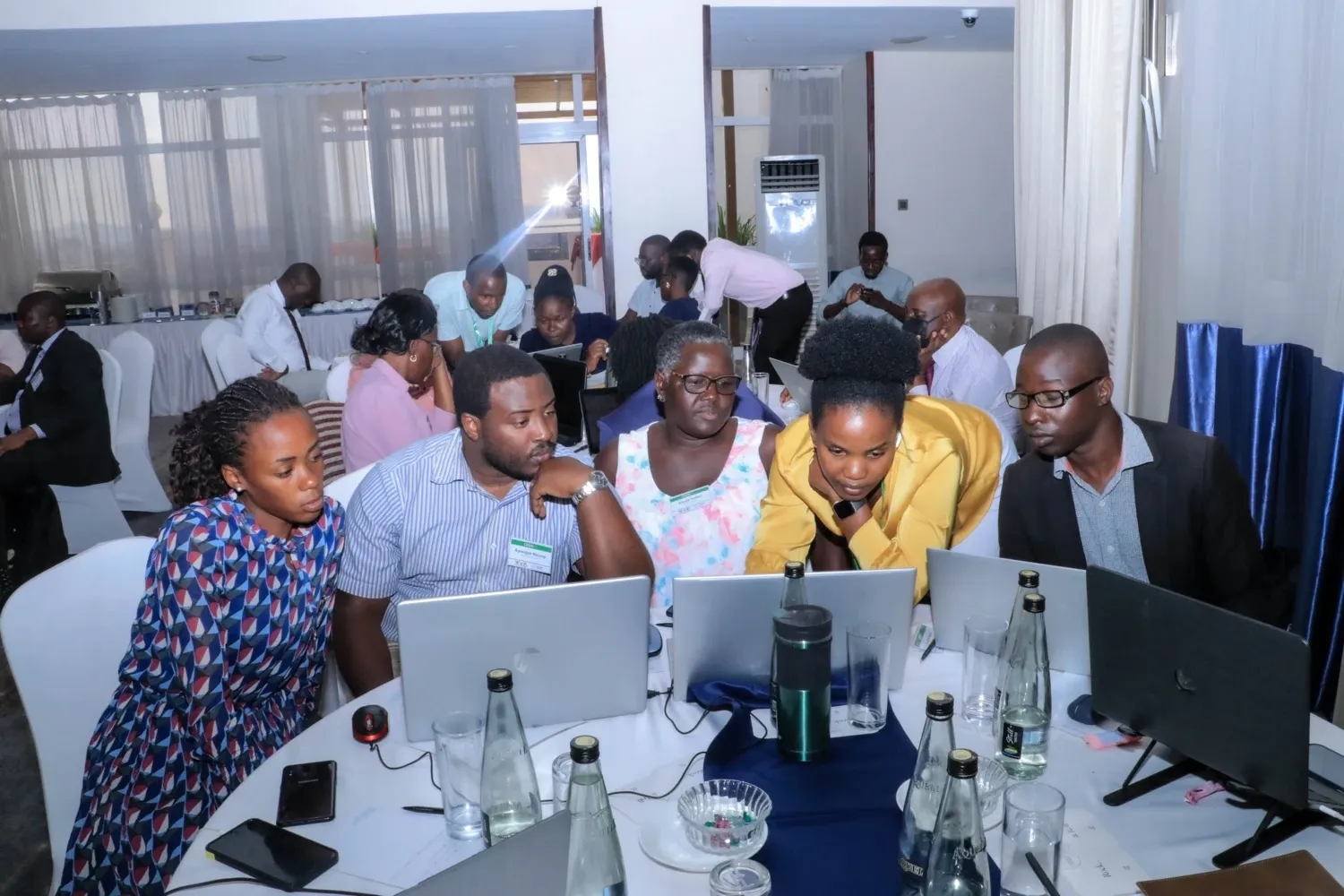
Looking ahead
As the two universities look towards the next decade, their shared goal remains clear — to strengthen sustainable health systems and ensure that global research partnerships are built on mutual respect, shared ownership, and lasting trust.
“The collaboration between Makerere University and Karolinska Institutet is a remarkable example of sustained partnership,” said Professor Wernerson. “Together, we continue to shape a healthier and more equitable world.”
Text and film: Kseniya Hartvigsson
